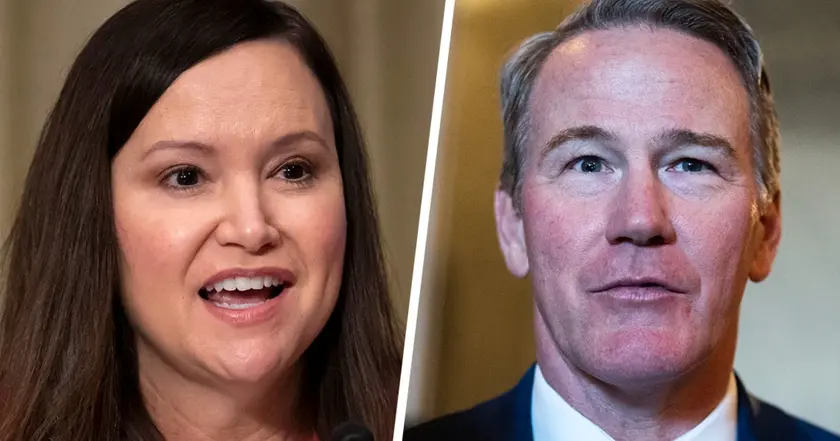T4K3.news
Bolivia faces pivotal election
Bolivians vote in a contest that could end Mas rule amid a deepening economic crisis and a fragmented left.
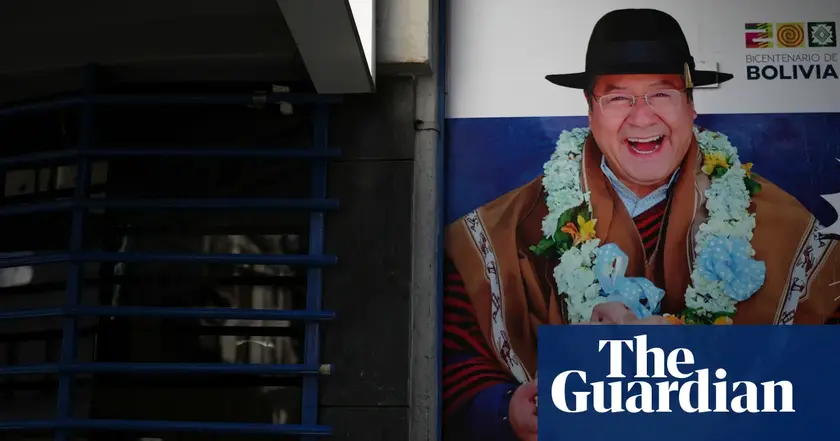
Rightwing candidates lead polling ahead of a fragmented left as Bolivia endures its worst economic crisis in four decades
Bolivia tests two-decade socialist rule amid economic crisis
Bolivians head to the polls in a presidential contest that could end the two-decade rule of the Mas party. Morales helped found Mas in 2005, but he is not a candidate this year and faces an arrest warrant while campaigning from a coca-growing region. Luis Arce, the party’s long-serving figure, decided not to run and backs Eduardo del Castillo, who polls around 2%. The opposition is led by centre-right Samuel Doria Medina and Jorge Quiroga, who run neck-and-neck in early assessments. Morales has urged supporters to cast null votes as a protest, a tactic that has drawn mixed reactions from analysts.
Key Takeaways
"Those calling for null votes are a handful of traitors to the struggle of our grandparents, who shed their blood and gave their lives so that one day we could have this right to vote"
Indigenous leader commenting on null votes
"History will absolve us"
Arce quoting Fidel Castro during remarks
"Before Morales’s call, null votes were about 10%; now they’re 12%"
Analyst Carlos Toranzo on null vote trend
"Mas will leave power, although it will be difficult to hand it over"
Analyst Toranzo on power transfer
The vote is a test of Bolivia’s political resilience. The left is deeply fractured after Andrónico Rodríguez left Mas to join a broader left coalition, weakening a unified challenge to the right. Voters face an economy hit hard by shortages, inflation, and dollar scarcity, making the ballot a verdict on who can manage the crisis rather than which ideology wins. Polling reliability remains questionable, adding to uncertainty about whether a clear winner will emerge or a runoff will decide the presidency. The result could reshape parliament as well and influence how future reforms are negotiated.
Highlights
- Change comes with a price in a country scarred by a long political fight.
- Null votes are a protest, not a plan.
- Two decades of power meet a moment of uncertain renewal.
- Bolivia’s ballot tests trust as inflation bites.
Political tension and possible unrest around Bolivia election
The election carries high risk of social unrest, economic strain, and polarized reactions that could trigger protests or clashes around polling and results. International observers may scrutinize the process closely.
The vote will steer Bolivia through a delicate moment where every ballot counts.
Enjoyed this? Let your friends know!
Related News
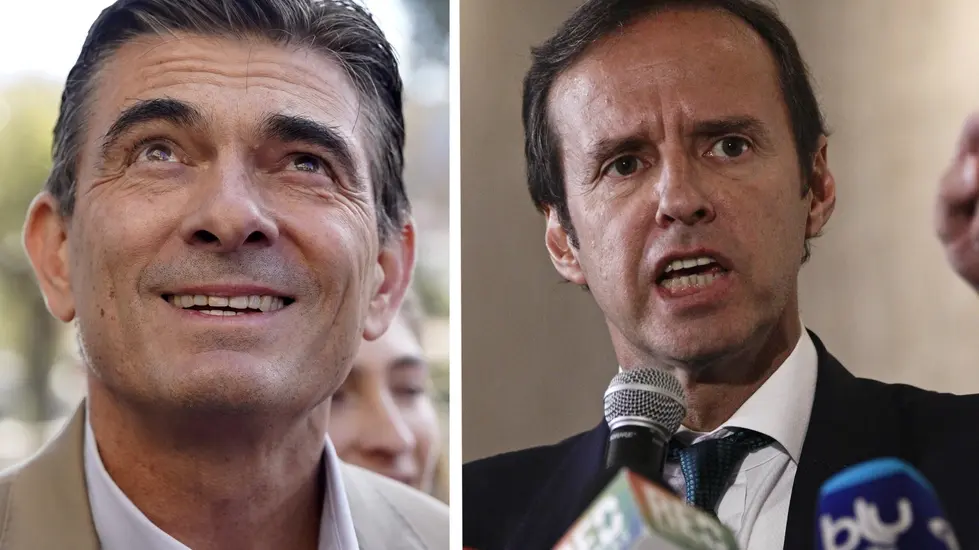
Bolivia heads to runoff after centrist lead
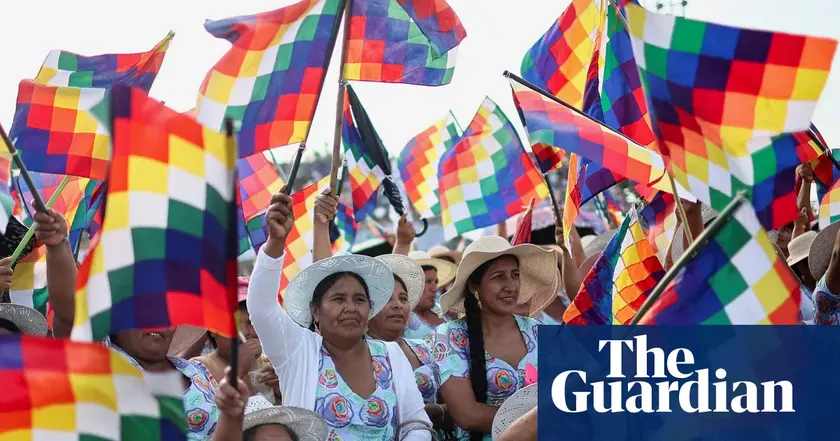
Bolivia election shifts power toward right
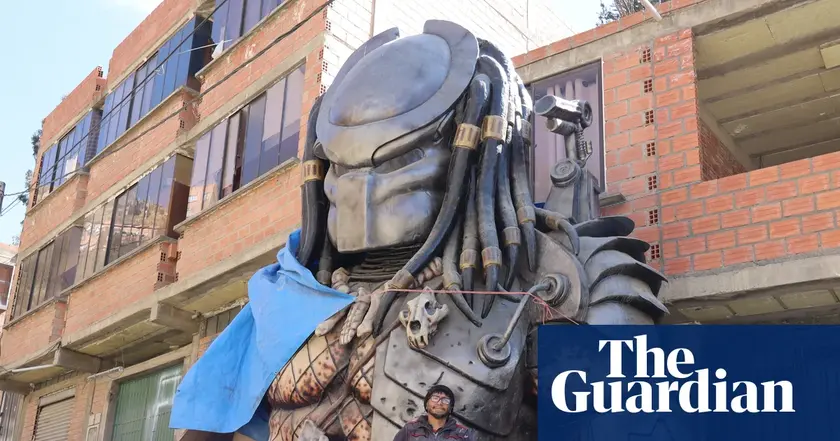
Mas party faces a new political test
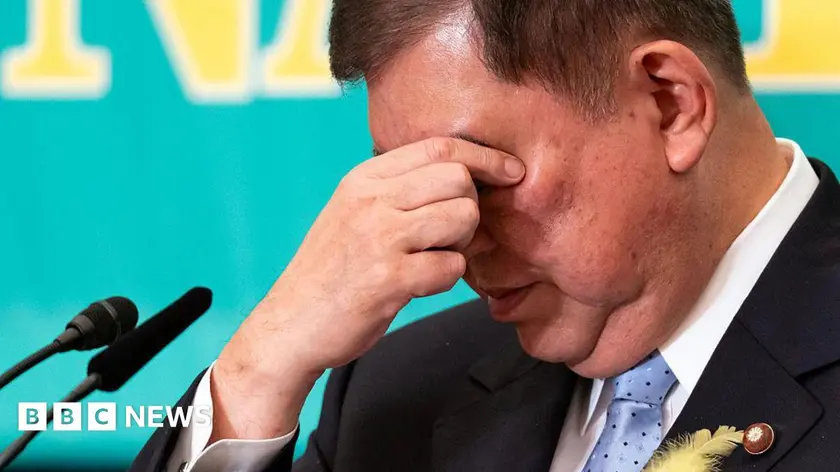
Japan's ruling party likely loses majority in election
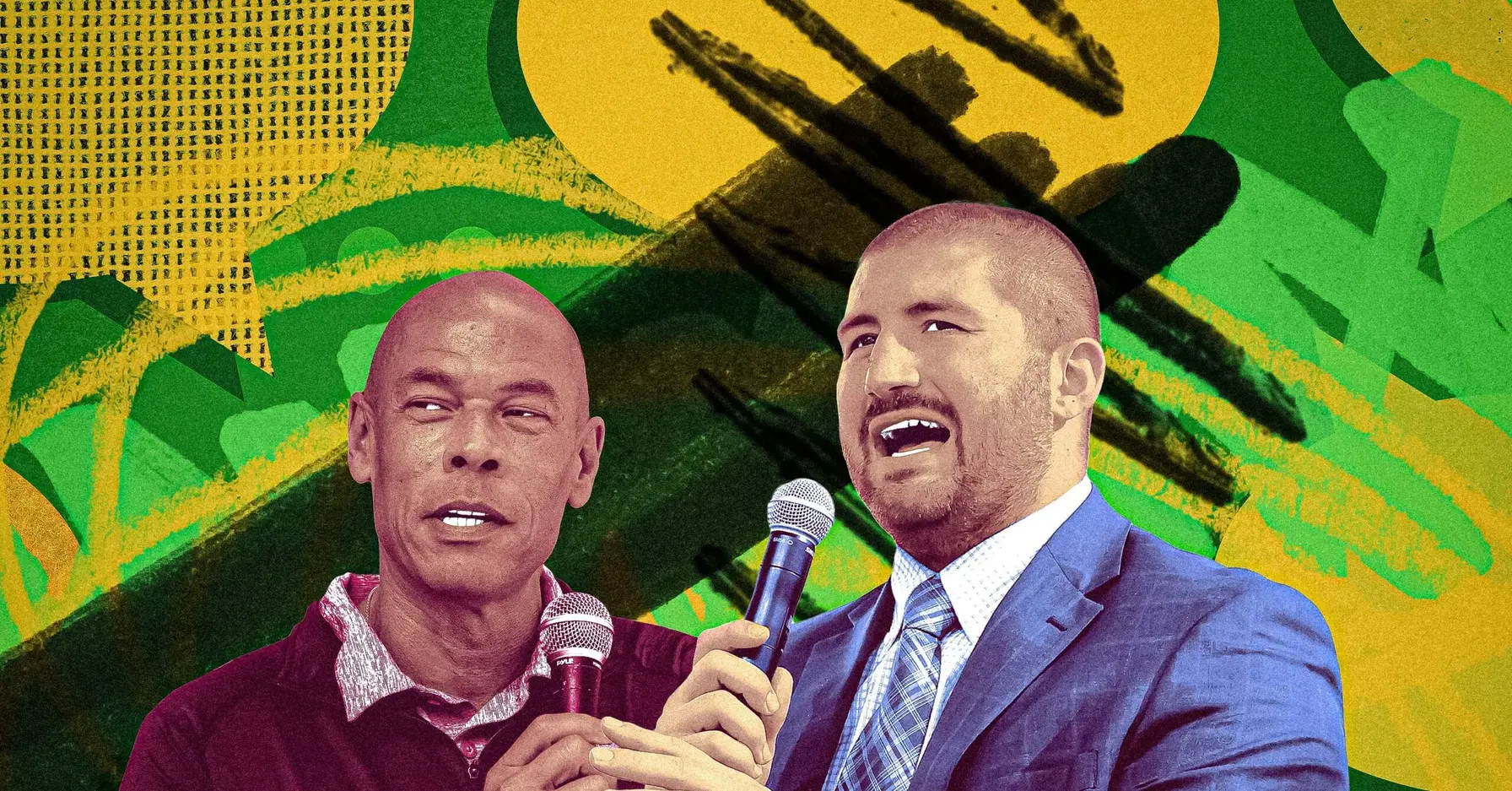
NFL Players Association in Leadership Crisis
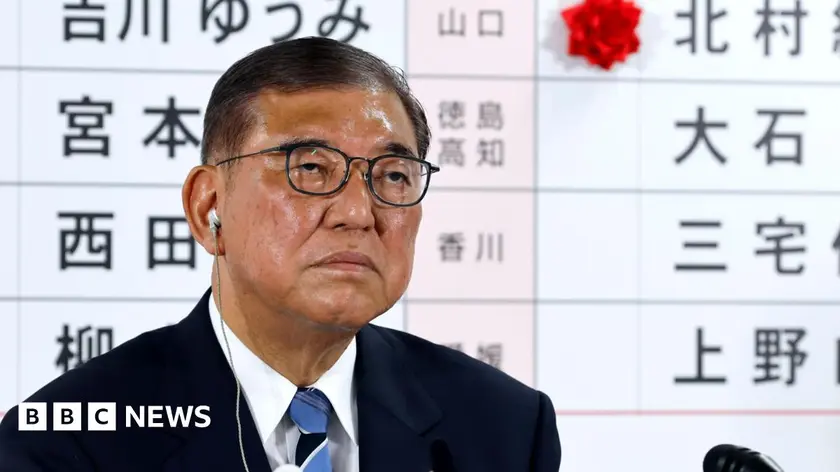
Japan's ruling coalition may lose majority in critical election
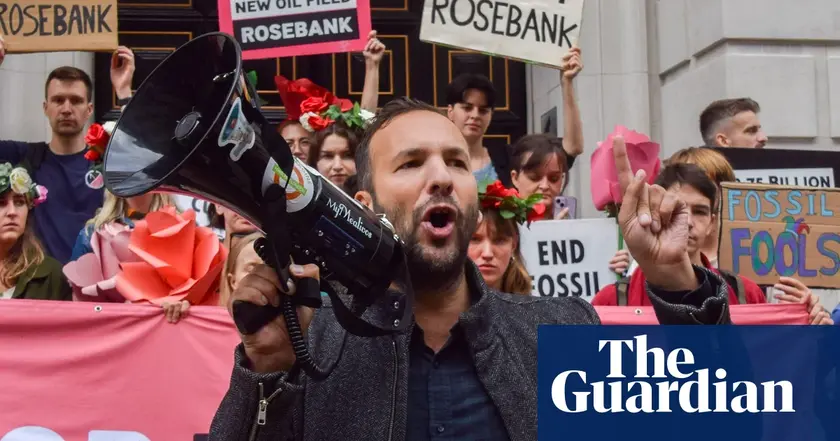
Green leadership update
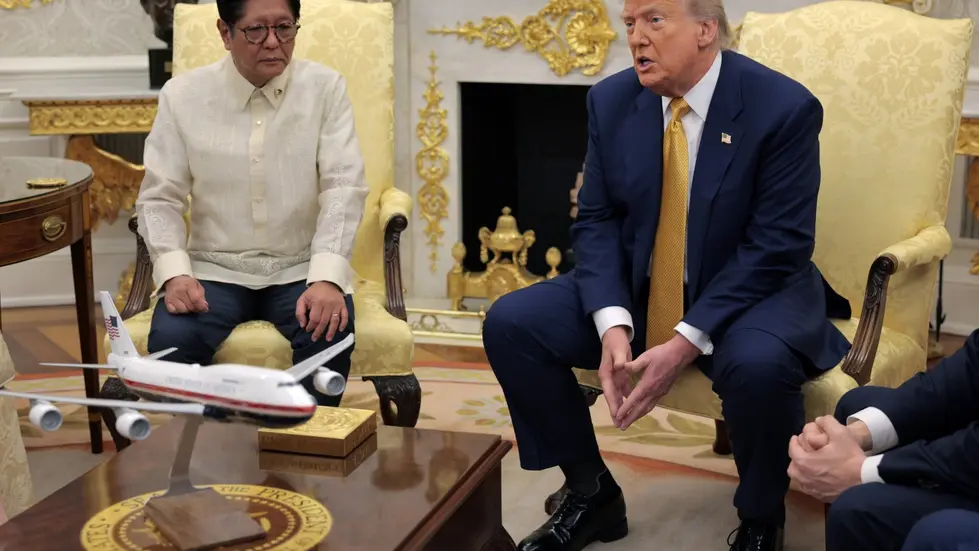
Trump comments on Maxwell interview amid Epstein scrutiny
